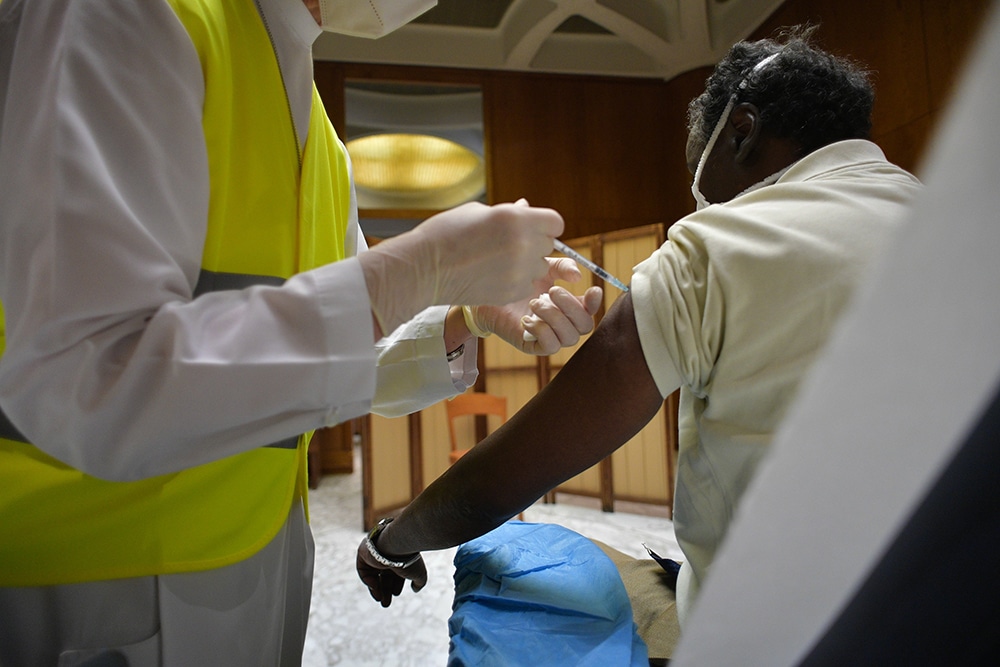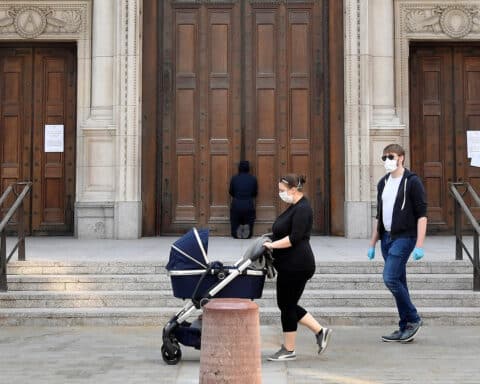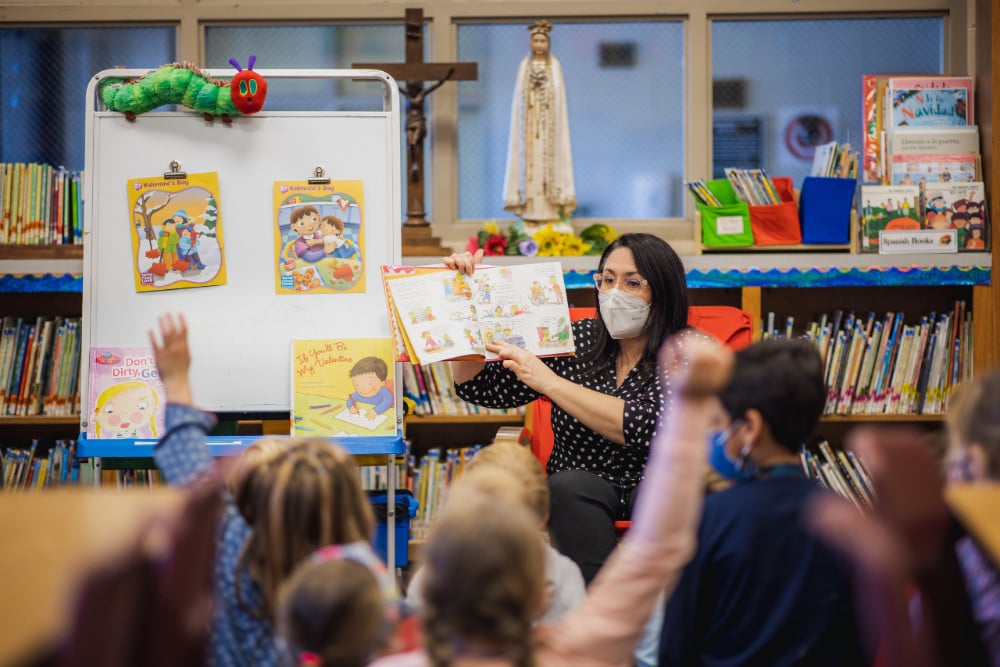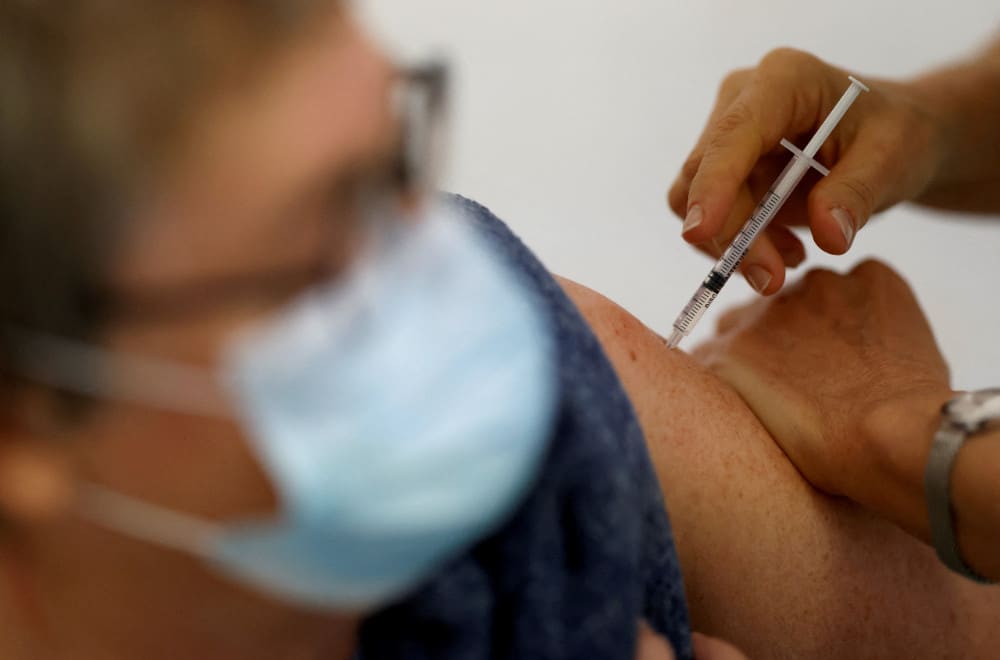This spring, the Pontifical University of Santa Croce in Rome is hosting a webinar series via Zoom called “Inspiring Trust.” The organizers recognize a growing skepticism on the part of the public toward organizations and institutions, and that a “culture of suspicion toward political parties, financial institutions, trade unions, the media, and also — of course — the Church, is now the norm.”
In six sessions, the webinar will focus on “the indispensable role of trust, its volatility and the ways to inspire it again,” specifically seeking to educate organizational and institutional leaders.
It’s a much-needed effort at combating one of the greatest communications challenges of our age: the loss, or misplacement, of trust and simultaneous agenda-driven growth of misinformation.
Misinformation, as a whole, has become big business. A 2019 study found that websites dedicated to publishing false and misleading information earned about $235 million each year in advertising revenue from technology companies. The dissemination of “fake news” is such a problem that even Pope Francis addressed it in his 2018 message for World Communications Day called “‘The truth will set you free’ (Jn 8:32): Fake news and journalism for peace.”
The coronavirus pandemic, with its novelty, its impact on every citizen, and its heavy reliance on the leadership of government and the scientific community, has created even more opportunity for misinformation. Tapping into fear of the unknown and increasing skepticism of institutions, the pandemic has resulted in further division within our already polarized nation.
The Church has not escaped the effects, nor has it escaped the divisions. From the earliest days of the pandemic, Catholics were divided on the cancellation of public Masses and the method of reception of the sacraments. The responses of parishes and organizations within the Church to requirements by the state for mask-wearing and social distancing at Masses and other events to try to reduce the spread of COVID-19 was varied. A fault line developed between those wanting to receive the sacraments at any cost, and those willing to forgo reception of the sacraments for a time in favor of charity and caring for the most vulnerable.
Now, a year into the pandemic, another fault line is forming: one between those who are pro-COVID-19 vaccine and those who are against it.
Pope Francis and bishops around the world, including those in the United States, have encouraged Catholics to receive the vaccine. In early April, Pope Francis visited hundreds of homeless men and women receiving doses of the vaccine provided by the Vatican. Bishop Kevin C. Rhoades of Fort Wayne-South Bend said in early March that there is “no moral need to turn down a vaccine,” adding that the Vatican “has made clear that all the COVID vaccines recognized as clinically safe and effective can be used in good conscience.”
If one has a choice on the vaccine, the bishops recommend selecting the one with “the least connection to abortion-derived cell lines” — meaning that the Johnson & Johnson vaccine (the distribution of which has been halted by the FDA over a rare possible side effect as we write) would be the one to be avoided, if possible.
And yet there are many Catholics who are choosing not to become vaccinated. We have observed three primary objections: 1) that the COVID-19 vaccines are so new that their effects on the body cannot yet be fully known; 2) that the vaccines are morally unacceptable because of the use of aborted fetal cell lines during creation or testing; and 3) that the scientific community and the government creating and distributing the vaccine have nefarious motives and cannot be trusted.
The widespread belief in one or more of these objections, despite the information released by the Church and the scientific community, is the reason why Our Sunday Visitor has joined an international consortium of Catholic media, news agencies and world-renowned scientists to help clarify misinformation about COVID-19 vaccines. As stated in the news release, the consortium seeks to provide clarification and explanation by scientists, bioethicists and theologians on the “scientific and ethical questions” surrounding the vaccine.
Our participation in this consortium is a commitment to seeking and sharing the truth, and to helping to correct the vast amounts of misinformation being spread on the internet for a profit. We welcome your thoughts and encourage your questions as we participate in this important work.
Our Sunday Visitor Editorial Board: Gretchen R. Crowe, Scott P. Richert, Scott Warden, York Young





